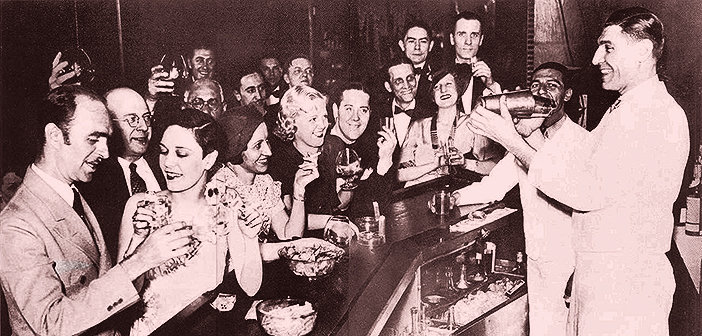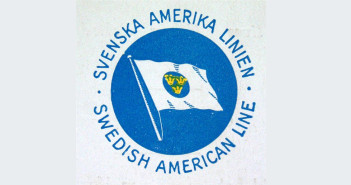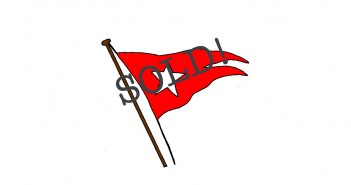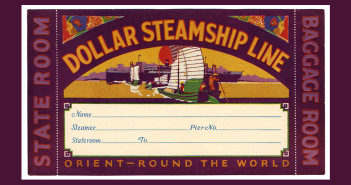The United States began its so-called “noble experiment” with alcohol prohibition on 16 January 1920. Like all government attempts at controlling normal human behavior, including today’s “War on Drugs,” it was a catastrophic failure.
While US-flagged liners were prohibited from serving alcoholic beverages to their passengers, non-US vessels were free to open their bars to passengers, including US citizens, as soon as they left American territorial waters.
By October 1922, US shipping lines were feeling the financial pinch, as customers began fleeing to non-US ships. In response, the US lines began calling for the government send federal agents to seize the demon liquor carried on board foreign-flagged vessels—and perhaps the ships as well—as they approached US ports. Not surprisingly, this demand didn’t sit well with most non-US lines, particularly Cunard Line and its Anchor Line subsidiary, which petitioned the government for exemption from such raids.
As the article below describes, a coalition of US lines sought “national aid” as compensation for passenger revenues lost to foreign “wet” liners, if such ship were allowed to serve US ports without fear of being raided. Eventually, the non-US lines were able to meet the Americans’ demands simply by stopping service and locking their liquor away before entering US waters. The US lines received subsidies, but their passenger sales never fully recovered, even after alcohol prohibition was repealed.

To continue, click the NEXT button on the top of this page.




